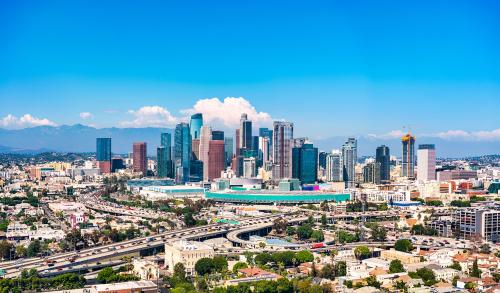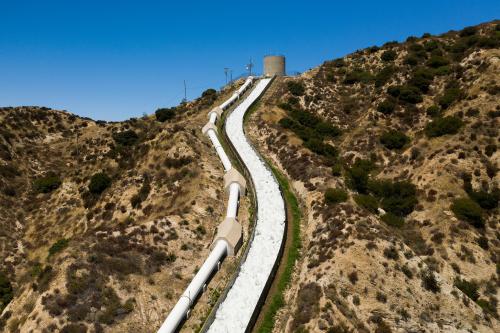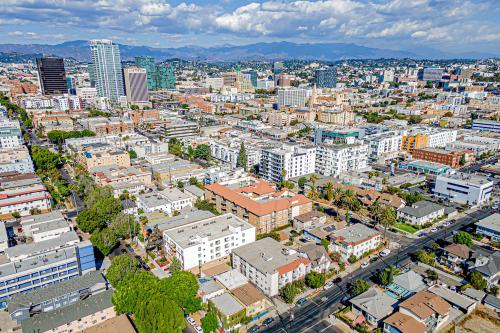Abstract
This article assesses governmental performance in its investment, provision and regulation of urban transportation. Attention is given to public bus and rail transit and road transportation. Evidence based on urban transport in US cities reveals substantial allocative and technical inefficiencies that have led to large public transit deficits and severe highway congestion.
I argue that it is futile to expect public officials to remedy the situation by pursuing more efficient policies such as congestion pricing and weighing costs and benefits when deciding transit service. The problem is that urban transportation policy is largely shaped by entrenched political forces that inhibit constructive change. The only realistic way to improve the system is to shield it from those influences and expose it to market forces by privatising it. This position is supported by empirical evidence based on simulations for the US and the UK’s early experience with privatisation.
Citation: Fiscal Studies, vol. 21 no. 4 (2000): 403-425.
The Brookings Institution is committed to quality, independence, and impact.
We are supported by a diverse array of funders. In line with our values and policies, each Brookings publication represents the sole views of its author(s).



Commentary
Government Failure in Urban Transportation
December 1, 2000